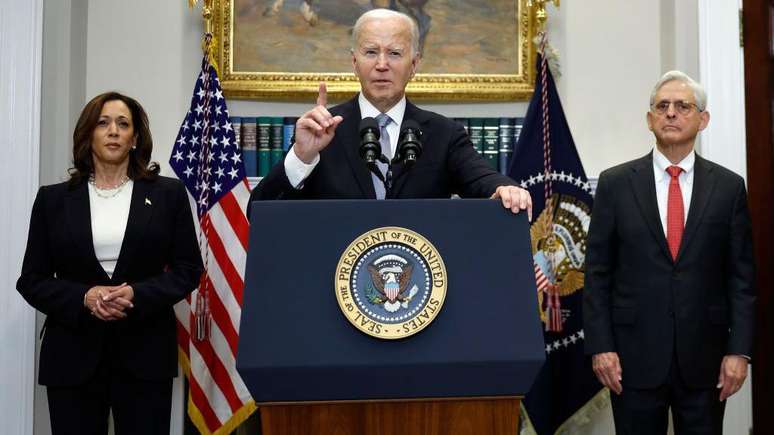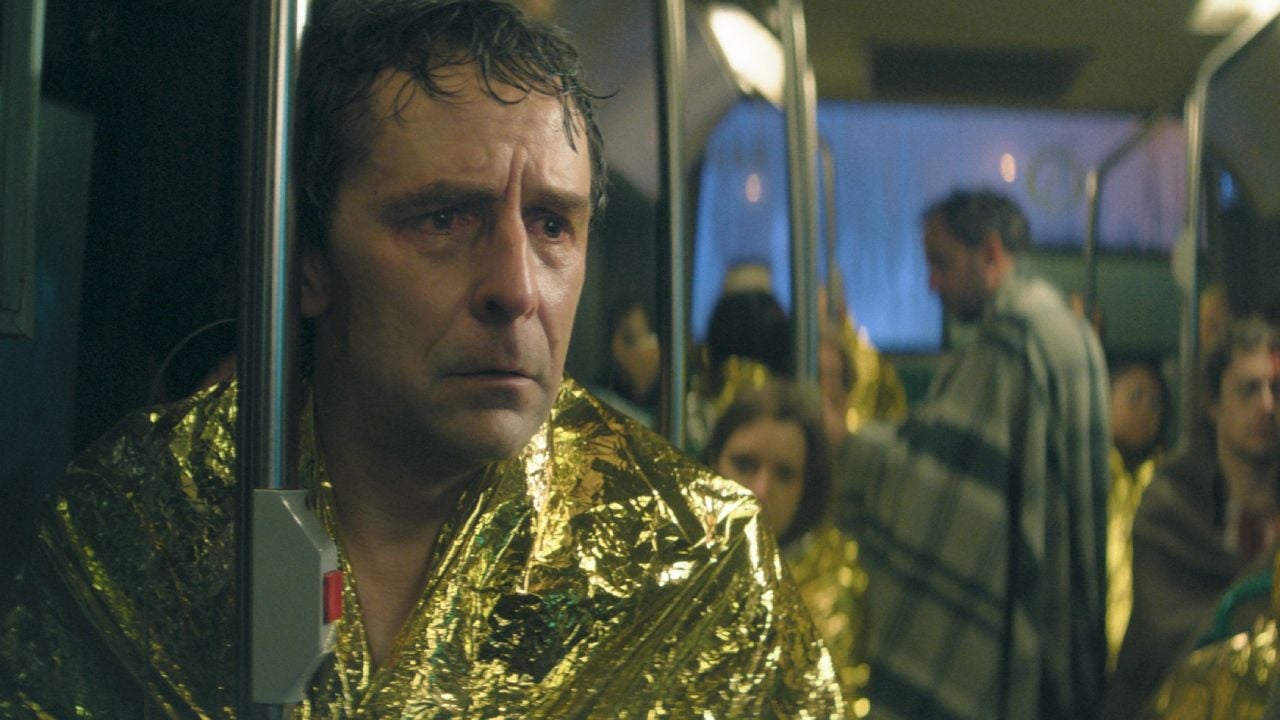Biden’s exit from the campaign represents a challenge for Democrats, who are facing an unprecedented situation.
After US President Joe Biden announced on Sunday (July 21) that he was dropping out of his re-election campaign, speculation has mounted about who will replace him as the Democratic Party’s frontrunner in the race against former President Donald Trump.
Biden, who will complete the remainder of his current term, has endorsed Vice President Kamala Harris to replace him as the Democratic Party’s nominee in the Nov. 5 election.
The decision came a month before the Democratic National Convention, which formalizes the ticket for the election.
Below you can see a guide on what will happen from now on.
What happens now?
The last sitting U.S. president to abandon his re-election campaign was Lyndon Baines Johnson in 1968.
Due to the lack of precedent, the timing for nominating a new candidate so close to Election Day is not yet clear.
President Biden had already secured 3,896 delegates, a number that far exceeds the minimum needed to secure the party nomination.
While Biden’s support makes Kamala Harris the most likely choice for the nomination, delegates have not yet committed to a specific candidate.
In the end it will be up to them to vote for who they think is the best.
Is it possible to organize an open convention?
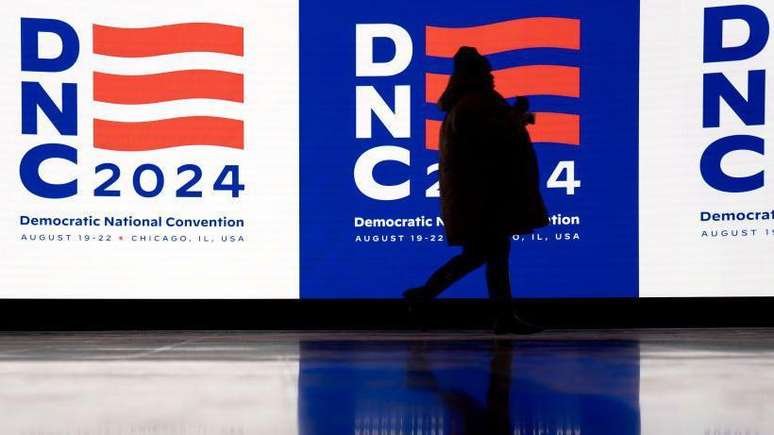
The Democratic National Convention is scheduled to begin on August 19.
If the party fails to unite to support a new candidate, it could set the stage for an open convention for the first time since 1968.
This means that delegates will decide who to vote for. Candidates to lead the ticket need the signatures of at least 300 delegates (no more than 50 signatures from a single state) for the candidate’s name to appear on the ballot.
A first round of voting will then take place among the 3,900 delegates, which include voters considered loyal to the Democratic Party.
If no candidate receives a majority of votes after the first round, a new round of voting takes place. This includes the participation of superdelegates – party leaders and elected public officials – who vote until a candidate is chosen.
To secure the party nomination, a candidate needs at least 1,976 delegate votes.
What Kamala Harris Looks Like in the Race
Vice President Kamala Harris, 59, is currently the best-positioned person to replace Biden at the top of the list.
Shortly after the president’s withdrawal, on Sunday (21/7), Harris confirmed her intention to “win this nomination” and try to beat Trump in the November elections.
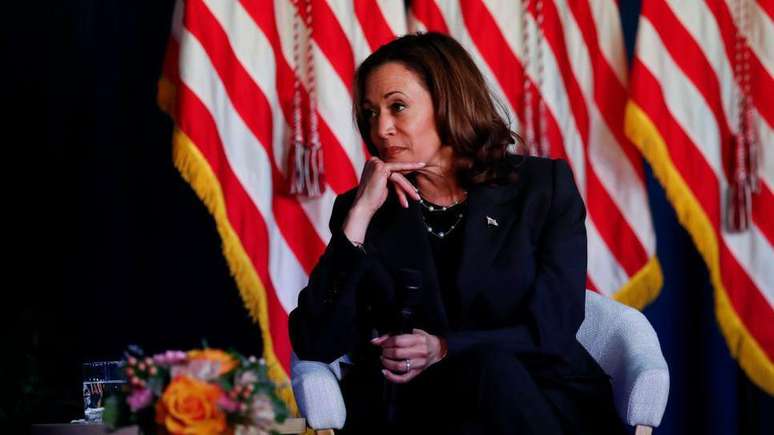
To do this he has the support of Biden himself, who made this clear in his withdrawal message.
Former President Bill Clinton, who governed the country from 1993 to 2001, and his wife Hillary Clinton, who ran against Trump in 2016, also rushed to support her.
In a statement posted on X (formerly Twitter), they said they will “do everything we can to support her.”
Additionally, at least 35 Democratic representatives and 14 senators expressed support for Kamala Harris’s campaign on Sunday.
Among them are Adam Schiff, the Democratic candidate for the California Senate and a Nancy Pelosi ally; Jim Clyburn, a friend of Joe Biden who praised Harris’s vice presidential pick; and Ted Lieu, vice chairman of the House Democratic Caucus.
Ilhan Omar, a progressive Democrat from Minnesota, also endorsed Harris, as did Jamie Raskin of Maryland, who stressed party unity, Robert Garcia of California, a Harris 2020 ally, and Val Hoyle of Oregon.
The Association of State Democratic Committees (ASDC) also announced that an “overwhelming majority” of the 57 state Democratic Party leaders favored supporting Kamala Harris to replace Biden.
Who can compete with Kamala Harris?
As calls for Biden to withdraw from the race have grown in recent weeks, several potential replacements have emerged.
Michigan Democratic Gov. Gretchen Whitmer has been named as a possible candidate, although she has said she would not consider running if the incumbent were to drop out of the race.
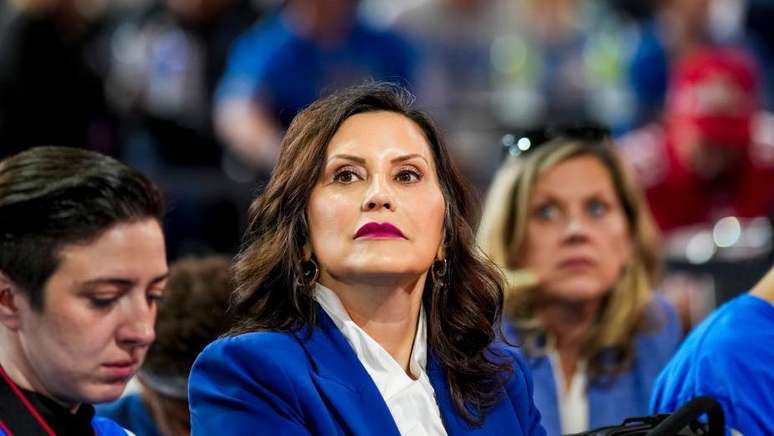
On Sunday, minutes after Biden’s announcement, Whitmer said she would do everything she could “to elect Democrats and stop Donald Trump.”
Other options include Pennsylvania Gov. Josh Shapiro and Illinois Gov. J.B. Pritzker.
Some of these names could be considered for vice president if Kamala Harris wins the nomination.
Transportation Secretary Pete Buttigieg and California Gov. Gavin Newsom have also emerged as possible candidates, but are considered less likely to run, as both have posted messages supporting Kamala Harris’ candidacy in the past few hours.
What Happens to Biden Campaign Donations?
One factor that strengthens Kamala Harris is that she has already raised resources for the campaign.
The vice president has a significant financial advantage, with 96 million dollars at her disposal (R$538 million), which would allow her to continue her campaign without interruption.
If another candidate were to be chosen, the financial situation could become more complicated, since, in principle, the money would have to be refunded to the donors, although there are some alternatives, considered expensive and problematic.
One viable option would be to transfer these funds directly to the Democratic National Committee, as businessman and politician Michael Bloomberg did in 2020, when he provided significant financial support to then-candidate Joe Biden.
Another option would be to vote for a billionaire candidate, such as Gov. J.B. Pritzker, who could self-finance his campaign and match the resources of his Republican rival.
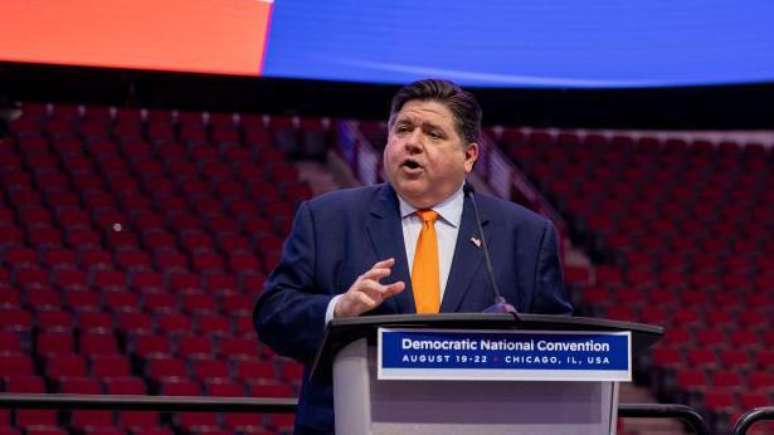
Furthermore, the behavior of small donors will be a crucial factor in this period of uncertainty.
While a new candidate can generate excitement and attract new donations, there is also the risk that fundraising will decline if the new candidate proves less competitive than Biden.
This report was translated and reviewed by our journalists using artificial intelligence assistance in translation, as part of a pilot project.
Source: Terra
Rose James is a Gossipify movie and series reviewer known for her in-depth analysis and unique perspective on the latest releases. With a background in film studies, she provides engaging and informative reviews, and keeps readers up to date with industry trends and emerging talents.

